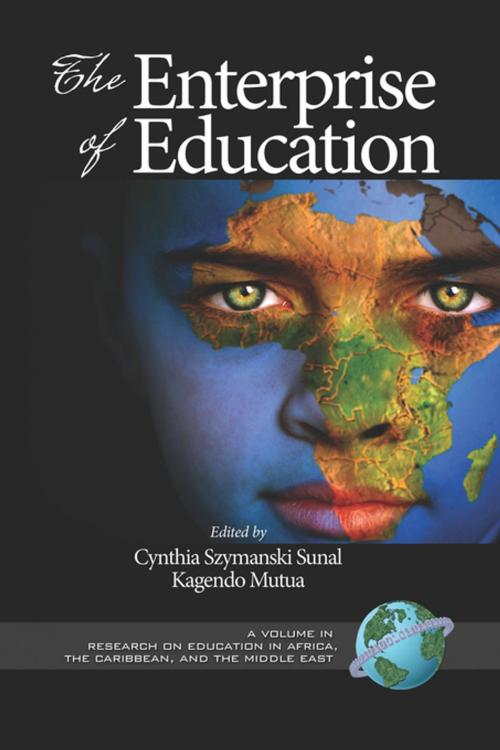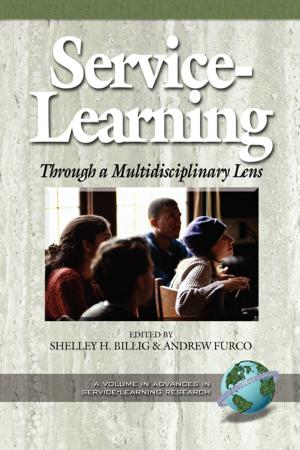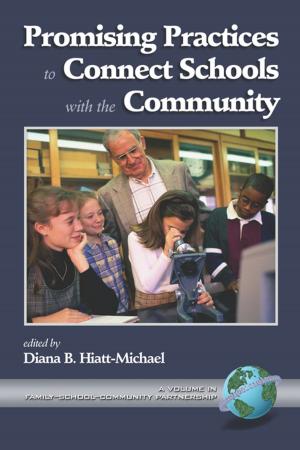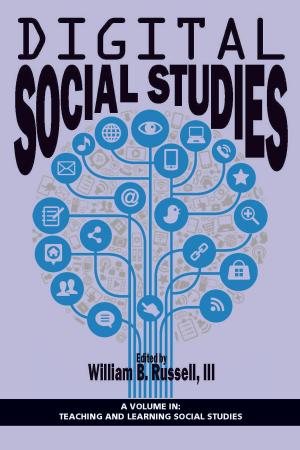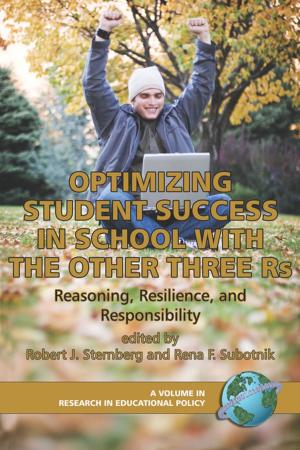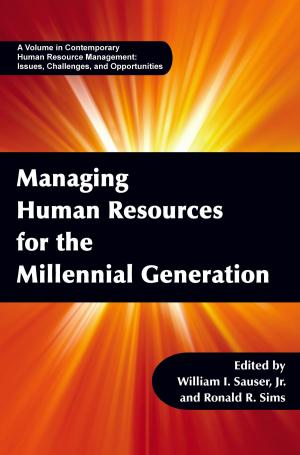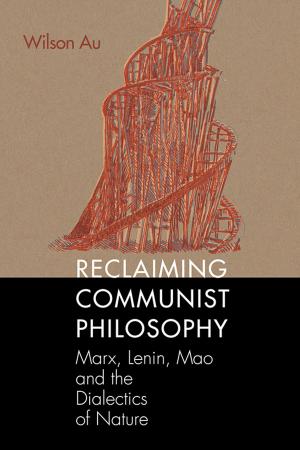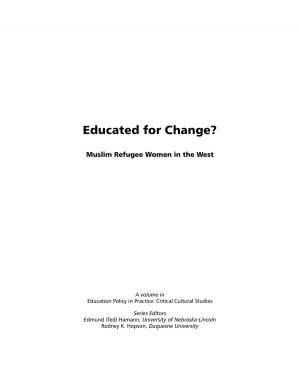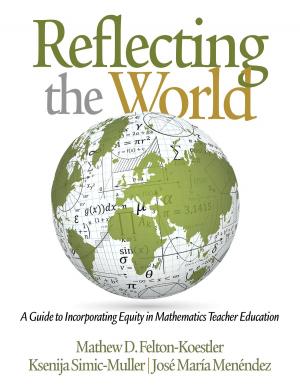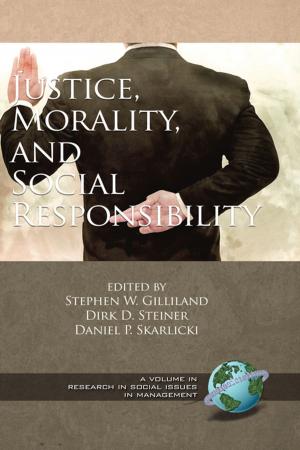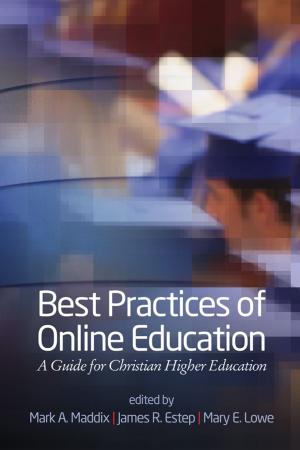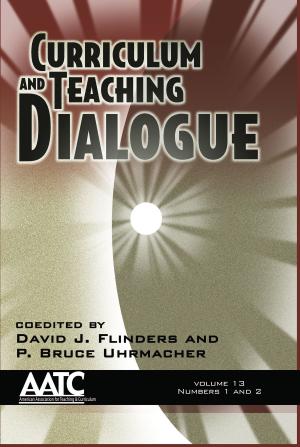The Enterprise of Education
Nonfiction, Reference & Language, Education & Teaching, History, Reference| Author: | ISBN: | 9781607526032 | |
| Publisher: | Information Age Publishing | Publication: | October 1, 2007 |
| Imprint: | Information Age Publishing | Language: | English |
| Author: | |
| ISBN: | 9781607526032 |
| Publisher: | Information Age Publishing |
| Publication: | October 1, 2007 |
| Imprint: | Information Age Publishing |
| Language: | English |
The Enterprise of Education is Book IV of the research series, Research on Education in Africa, the Caribbean and the Middle East. This book examines the implications of rapid political, sociocultural, and economic change for the enterprise of education within particular countries in the regions of Africa, the Caribbean, and the Middle East—all of which have cultural ties. It provides a space for a critical dialogue about the impact of global issues on the enterprise of education in specific locales or regions within a specific country. Finally, the book identifies trends in the enterprise of education that are occurring across the regions. The Enterprise of Education draws from recent research, summarizing, interpreting, and making connections to address issues/questions that are central to the enterprise of education today in these three world regions. Among the specific questions/issues that are considered include the following: How is the enterprise of education addressing and including the needs of all children including those who are squatters, new immigrants, have special education needs, and who are voiceless in their society? What social structures in these regions mitigate against student learning, especially particular groups of students? What research methodologies enable us to investigate the enterprise of education in these world regions? What role does the learning environment play in schools? Who creates curriculum, and for what purposes? Which issues are found to a greater or lesser extent in education in other world regions? What role do parents play, in economic and social support of schools? How can teachers best be prepared for effective teaching?
The Enterprise of Education is Book IV of the research series, Research on Education in Africa, the Caribbean and the Middle East. This book examines the implications of rapid political, sociocultural, and economic change for the enterprise of education within particular countries in the regions of Africa, the Caribbean, and the Middle East—all of which have cultural ties. It provides a space for a critical dialogue about the impact of global issues on the enterprise of education in specific locales or regions within a specific country. Finally, the book identifies trends in the enterprise of education that are occurring across the regions. The Enterprise of Education draws from recent research, summarizing, interpreting, and making connections to address issues/questions that are central to the enterprise of education today in these three world regions. Among the specific questions/issues that are considered include the following: How is the enterprise of education addressing and including the needs of all children including those who are squatters, new immigrants, have special education needs, and who are voiceless in their society? What social structures in these regions mitigate against student learning, especially particular groups of students? What research methodologies enable us to investigate the enterprise of education in these world regions? What role does the learning environment play in schools? Who creates curriculum, and for what purposes? Which issues are found to a greater or lesser extent in education in other world regions? What role do parents play, in economic and social support of schools? How can teachers best be prepared for effective teaching?
